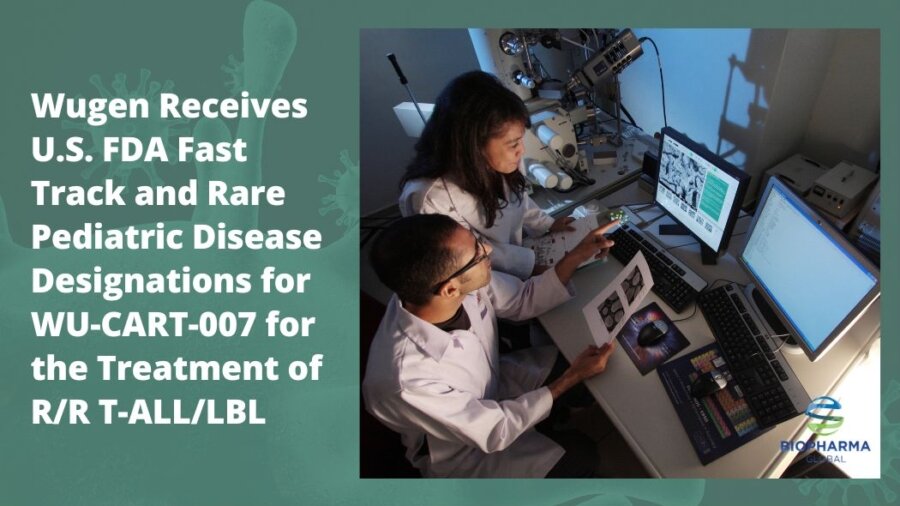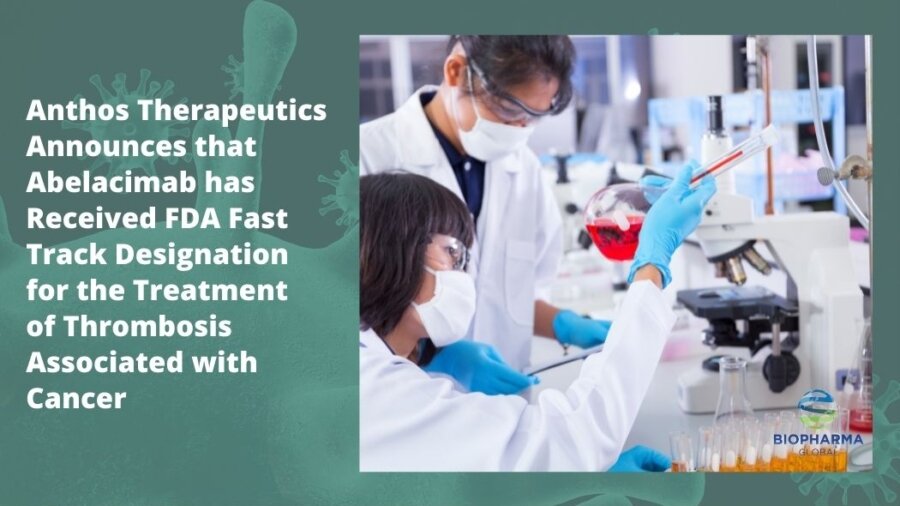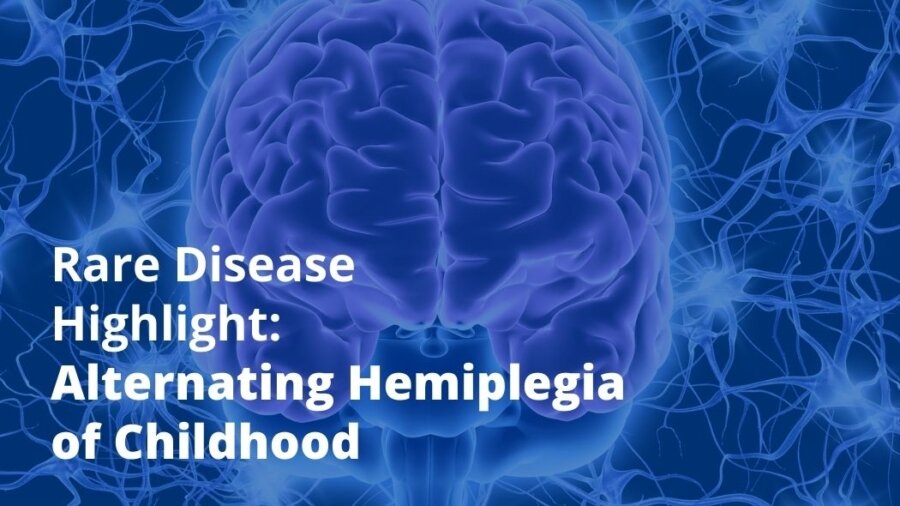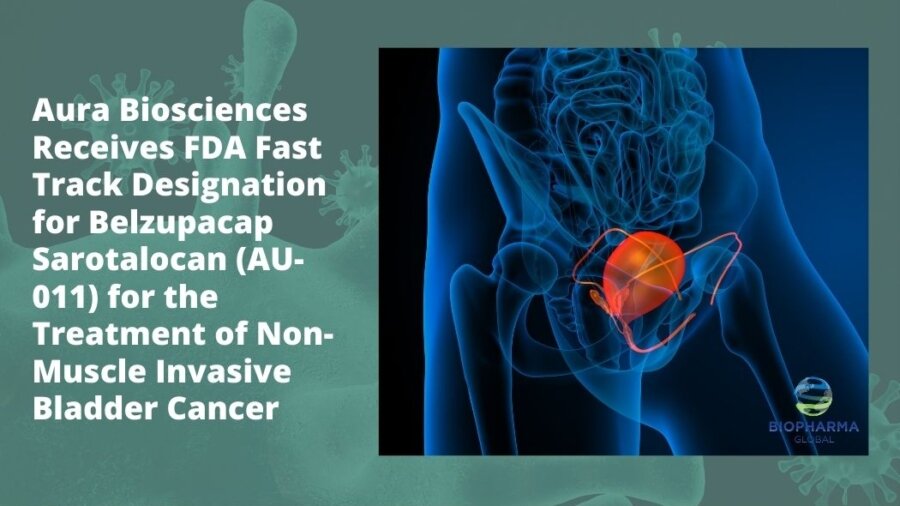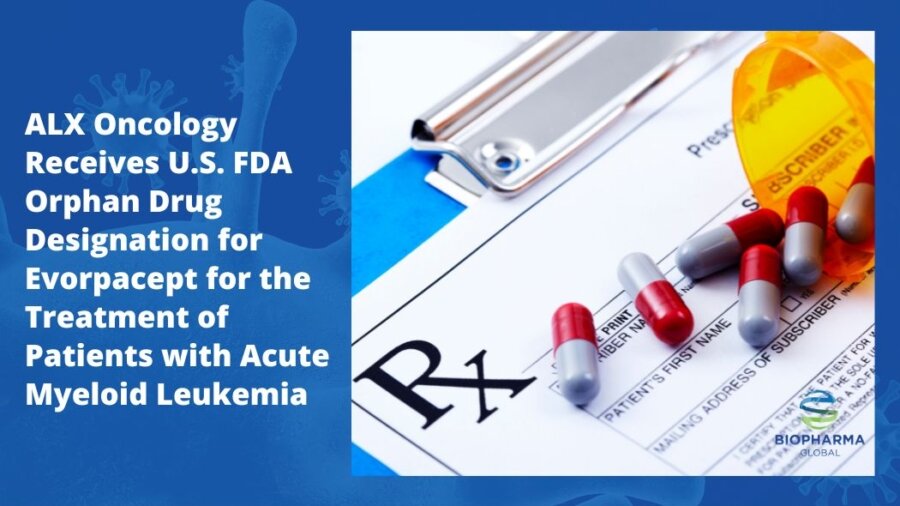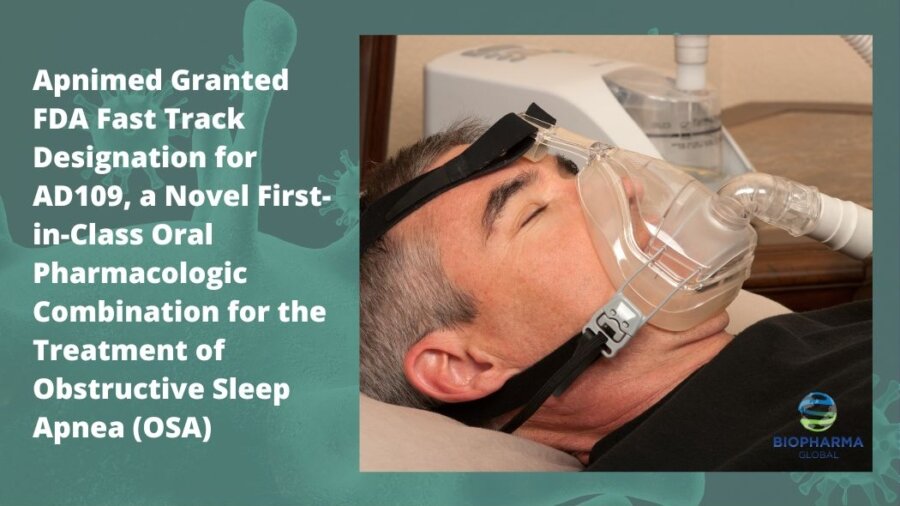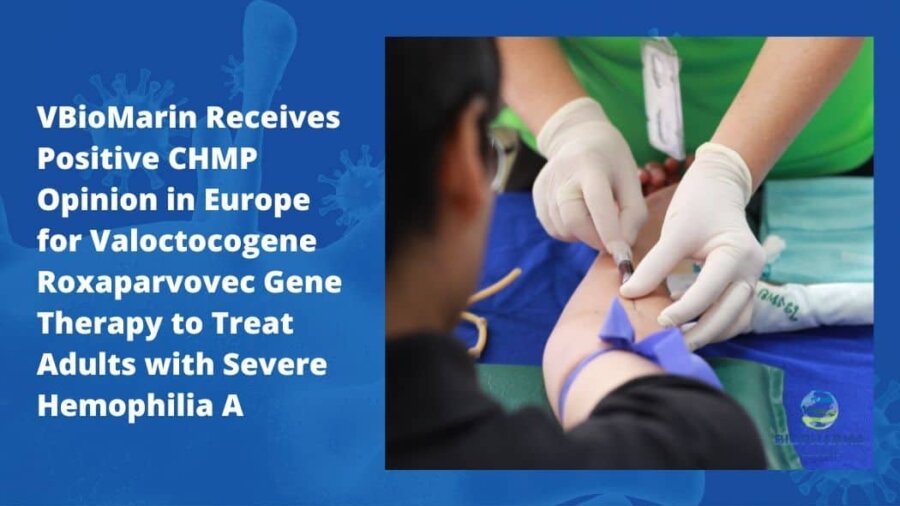Alternating Hemiplegia of Childhood (AHC) is a rare and severe neurodevelopmental disorder that fully manifests during early childhood, typically within the first year of life. AHC is characterized by repeated attacks of hemiplegia, paralysis of one side of the body, or episodes of quadriplegia, simultaneous paralysis of both sides of the body (Heinzen et al., 2014; NORD, 2016; Panagiotakaki et al., 2010; Rosewich et al., 2017; Sweney et al., 2009). The duration of the episodes of paralysis vary, but can last for minutes up to weeks at a time in some cases (NORD, 2016). AHC occurs in approximately 1 in every 1,000,000 births (NORD, 2016).
The symptoms of AHC are diverse and can vary greatly between patients (NORD, 2016). The key hallmark of AHC is the appearance of recurring episodes of paralysis, known as plegic episodes (either hemiplegia or quadriplegia). Other symptoms include tonic attacks (lack of muscle tone), dystonia (painful involuntary muscle contractions), ataxia (lack of coordination), eye problems including nystagmus (uncontrollable eye movements) and strabismus (misalignment of the eyes), developmental delays, neurologic abnormalities, difficulty breathing (dyspnea), and seizures (AHCF, 2022; Panagiotakaki et al., 2010; Sweney et al., 2009). Patients can also develop epilepsy (a brain disorder that causes recurrent and unprovoked seizures) as they get older (NORD, 2016). Symptoms are episodic, range in severity and duration, from minutes to days, and are typically relieved with sleep (AHCF, 2022; Sweney et al., 2009). AHC attacks are triggered by environmental stress, water exposures, specific physical activities, lighting changes, and certain foods (AHCF, 2022; Sweney et al., 2009). During the plegic attacks, patients remain conscious, so the attacks are accompanied by painful vocalization and respiratory compromise (Panagiotakaki et al., 2010; Save et al., 2013; Silver et al., 1993). The prevalence of plegic attacks decreases moderately with age, however these episodic events persist into adulthood (Panagiotakaki et al., 2010).
The cause of AHC is the topic of much research and investigation. In most patients, approximately 76%, AHC is associated with a new sporadic mutation in the ATP1A3 gene (AHCF, 2022; Heinzen et al., 2014; Rosewich et al., 2017). This gene produces the Sodium-Potassium-Transporting ATPase Subunit Alpha 3 protein, required for the normal functioning of neurons (brain nerve cells). Loss of ATPase activity is the root cause of AHC. However, some AHC patients do not present mutations in the ATP1A3 gene, thus scientists believe mutations in other genes could also be associated with AHC onset. Even though AHC appears due to genetic mutations, it is not commonly transmitted from parents to their children. However, in rare cases, AHC can run in families (NORD, 2016).
Patients with AHC experience a reduced quality of life. Patients suffer complications including epilepsy, cognitive impairment, persistent movement disorder, developmental delays, learning disabilities, behavioral issues, sleep disorders, and motor deterioration, all of which appear during childhood and remain into adulthood (Duke Health, 2021; Mikati et al., 2000; Sweney et al., 2009). While life expectancy is not generally affected, children with AHC are at higher risk of life-threatening complications such as breathing difficulties (AHCF, 2022).There are currently no FDA-approved therapies for the treatment of AHC. However, symptoms of AHC can be managed by avoiding triggers and using sleep as a management tactic. AHC attacks and epileptic episodes may also be treated with pharmacologic intervention. The only drug proven effective in reducing the frequency and severity of AHC attacks is the calcium channel entry blocker Flunarizine (approved in Canada). However, it is not effective in all cases and is not readily available in the US (AHCF, 2022; Duke Health, 2021; Kansagra et al., 2013; Neville et al., 2007; NORD, 2016). Therefore, there exists an urgent unmet medical need for patients and caregivers burdened by the profound morbidities that accompany AHC. The development of a therapy administered soon after diagnosis that prevents or reduces the frequency of plegic and dystonic attacks may improve long-term outcomes of patients over the course of their lifetime.
References
AHCF. (2022). Alternating Hemiplegia of Childhood Foundation – What is AHC? Retrieved July 12, 2022 from http://ahckids.org/education/whatisahc/
Duke Health. (2021). Alternating Hemiplegia of Childhood. Retrieved July 12, 2022 from https://www.dukehealth.org/treatments/pediatric-neurology/alternating-hemiplegia-of-childhood
Heinzen, E. L., Arzimanoglou, A., Brashear, A., Clapcote, S. J., Gurrieri, F., Goldstein, D. B., Jóhannesson, S. H., Mikati, M. A., Neville, B., Nicole, S., Ozelius, L. J., Poulsen, H., Schyns, T., Sweadner, K. J., van den Maagdenberg, A., & Vilsen, B. (2014). Distinct neurological disorders with ATP1A3 mutations. Lancet Neurol, 13(5), 503-514. doi:10.1016/s1474-4422(14)70011-0
Kansagra, S., Mikati, M. A., & Vigevano, F. (2013). Alternating hemiplegia of childhood. Handb Clin Neurol, 112, 821-826. doi:10.1016/b978-0-444-52910-7.00001-5
Mikati, M. A., Kramer, U., Zupanc, M. L., & Shanahan, R. J. (2000). Alternating hemiplegia of childhood: clinical manifestations and long-term outcome. Pediatr Neurol, 23(2), 134-141. doi:10.1016/s0887-8994(00)00157-0
Neville, B. G., & Ninan, M. (2007). The treatment and management of alternating hemiplegia of childhood. Dev Med Child Neurol, 49(10), 777-780. doi:10.1111/j.1469-8749.2007.00777.x
NORD. (2016). National Organization for Rare Diseases – Alternating Hemiplegia of Childhood. Retrieved July 12, 2022 from https://rarediseases.org/rare-diseases/alternating-hemiplegia-of-childhood/
Panagiotakaki, E., Gobbi, G., Neville, B., Ebinger, F., Campistol, J., Nevsímalová, S., Laan, L., Casaer, P., Spiel, G., Giannotta, M., Fons, C., Ninan, M., Sange, G., Schyns, T., Vavassori, R., Poncelin, D., & Arzimanoglou, A. (2010). Evidence of a non-progressive course of alternating hemiplegia of childhood: study of a large cohort of children and adults. Brain, 133(Pt 12), 3598-3610. doi:10.1093/brain/awq295
Rosewich, H., Sweney, M. T., DeBrosse, S., Ess, K., Ozelius, L., Andermann, E., Andermann, F., Andrasco, G., Belgrade, A., Brashear, A., Ciccodicola, S., Egan, L., George, A. L., Jr., Lewelt, A., Magelby, J., Merida, M., Newcomb, T., Platt, V., Poncelin, D., Reyna, S., Sasaki, M., Sotero de Menezes, M., Sweadner, K., Viollet, L., Zupanc, M., Silver, K., & Swoboda, K. (2017). Research conference summary from the 2014 International Task Force on ATP1A3-Related Disorders. Neurol Genet, 3(2), e139. doi:10.1212/nxg.0000000000000139
Save, J., Poncelin, D., & Auvin, S. (2013). Caregiver’s burden and psychosocial issues in alternating hemiplegia of childhood. European Journal of Paediatric Neurology, 17(5), 515-521. doi:https://doi.org/10.1016/j.ejpn.2013.04.002
Silver, K., & Andermann, F. (1993). Alternating hemiplegia of childhood: a study of 10 patients and results of flunarizine treatment. Neurology, 43(1), 36-41. doi:10.1212/wnl.43.1_part_1.36
Sweney, M. T., Silver, K., Gerard-Blanluet, M., Pedespan, J.-M., Renault, F., Arzimanoglou, A., Schlesinger-Massart, M., Lewelt, A. J., Reyna, S. P., & Swoboda, K. J. (2009). Alternating Hemiplegia of Childhood: Early Characteristics and Evolution of a Neurodevelopmental Syndrome. Pediatrics, 123(3), e534-e541. doi:10.1542/peds.2008-2027
BioPharma Global is a mission-driven corporation dedicated to using our FDA and EMA regulatory expertise and knowledge of various therapeutic areas to help drug developers advance treatments for the disease communities with a unmet medical needs. If you are a drug developer seeking regulatory support for Orphan Drug designation, Fast Track designation, Breakthrough Therapy designation, other FDA/EMA expedited programs, type A, B (pre-IND, EOPs), or C meeting assistance, or IND filings, the BioPharma Global team can help. Contact us today to arrange a 30-minute introductory call.

